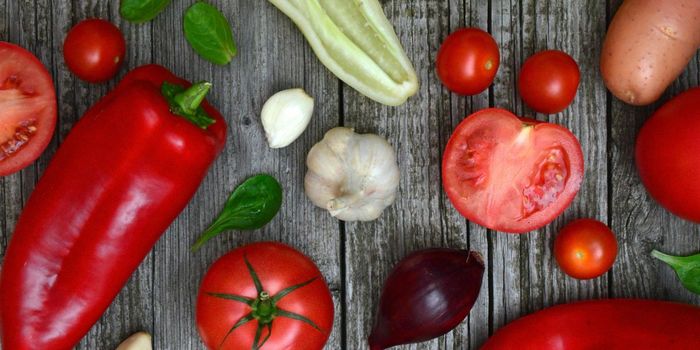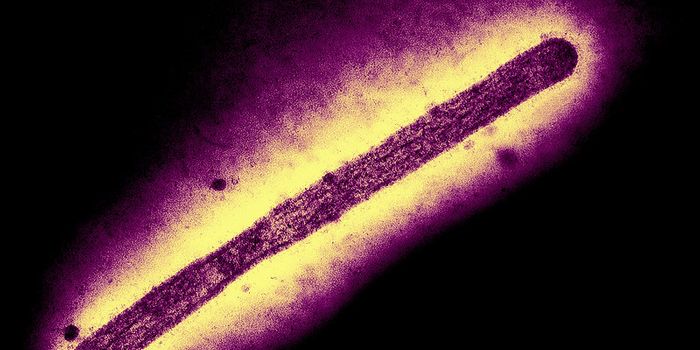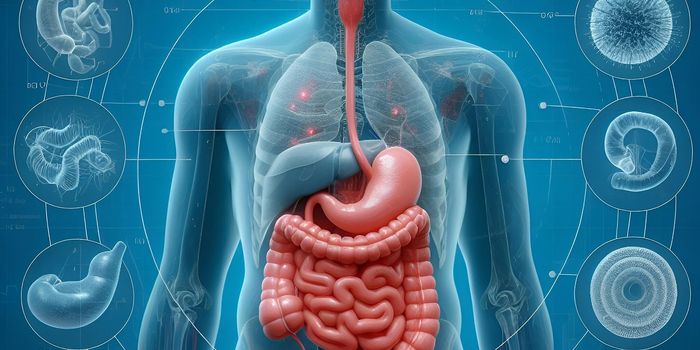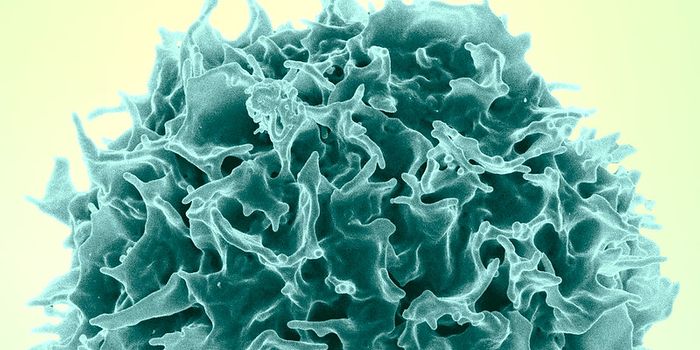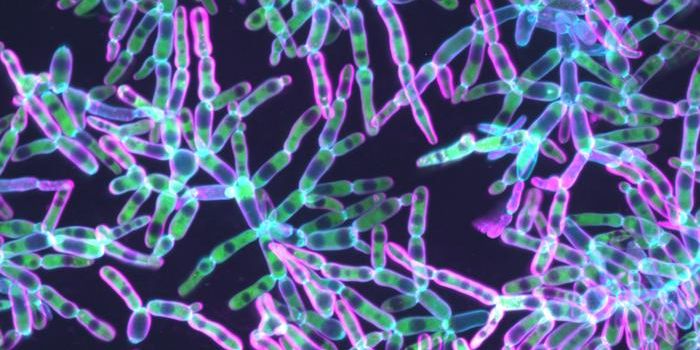How Some Bacteria Promote Colon Cancer
Colon cancer is a particularly deadly form of cancer, and the incidence of the disease is rising, especially among younger people. Research has suggested that the composition of the gut microbiome, or the community of microbes in the human gastrointestinal tract, may influence the development of colon cancer; and certain bacteria may promote the disease. Now, scientists have shown how a bacterial toxin generated by Esherichia coli bacteria can damage DNA in intestinal cells, and promote colon cancer. The findings have been reported in Nature.
A microbe called pks+ E. coli (because it carries pks genes) generates a DNA-damaging poison or genotoxin known as colibactin, which can cause genetic mutations that increase cancer risk. Colon cancer patients have been found to carry unusually high levels of these bacteria, and the mutations they cause.
In this study, the researchers revealed the mechanism underlying this phenomenon, which could improve treatments or preventive measures for colon cancer.
The investigators determined that pks+ E. coli can swim freely, as well as attach to the lining of the gut, called the intestinal epithelium. The bacteria have appendages called pili, with molecules known as adhesins on the end, which can attach to receptors on intestinal epithelial cells. Pili binding was shown to increase the aggressiveness, size, and number of colon cancer tumors, revealed first study author Maude Jans of VIB-UGent.
"Our experiments reveal that the binding of pks+ E. coli to the intestinal epithelium can be regarded as a critical step in the development of colon cancer," said senior study author Professor Lars Vereecke of the VIB-UGent Center for Inflammation Research.
When the attachment mechanisms were disrupted, the researchers found that tumor development was significantly reduced.
The work also revealed that there are bacterial adhesins called FimH and FmlH, which link to epithelial cells. The team confirmed that when these adhesins bind to epithelial cells, it allows the bacterial cells to generate colibactin, damaging the DNA within epithelial cells and boosting cancer growth. When the adhesins were eliminated, the bacteria could no longer produce colibactin or damage DNA.
"Based on our discoveries, we tested a therapeutic approach to prevent bacterial attachment using molecules that block the binding of these essential bacterial adhesins. Remarkably, we could drastically suppress DNA damage and tumor development in preclinical models," said Jans. "This therapy approach is very promising since it successfully targets harmful E. coli strains, without affecting beneficial gut microbes, unlike antibiotics."
This study could also explain an observation that some E. coli strains that could be useful as healthy probiotics also carry pks genes, but don't increase cancer risk. This seems happen because these bacterial strains carry a variant of the FimH adhesin that cannot bind well to epithelial cells, so the colibactin doesn't get through to the cells' DNA. Since only a few minor genetic mutations could change these bacteria to potential cancer-boosters, however, the scientists noted that it may be time to reconsider their use as probiotics.
The work also confirms a finding reported in Gastroenterology in 2022 that western style diets can increase levels of pkx bacteria, and promote colon cancer.
Sources: VIB (the Flanders Institute for Biotechnology), Nature


